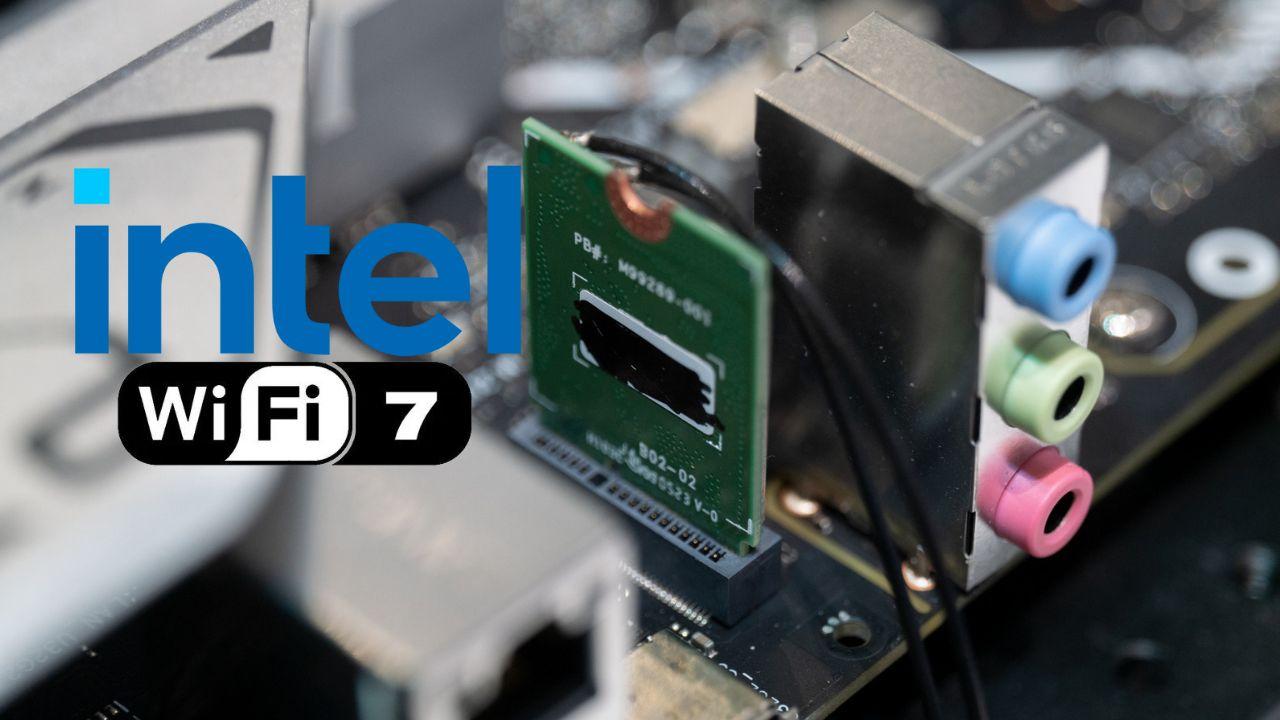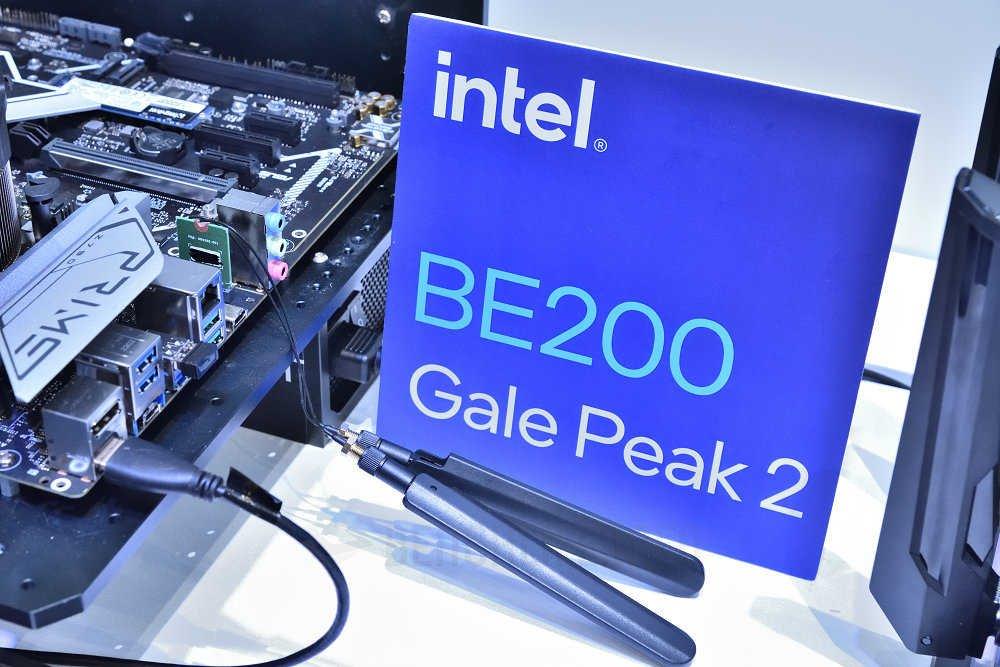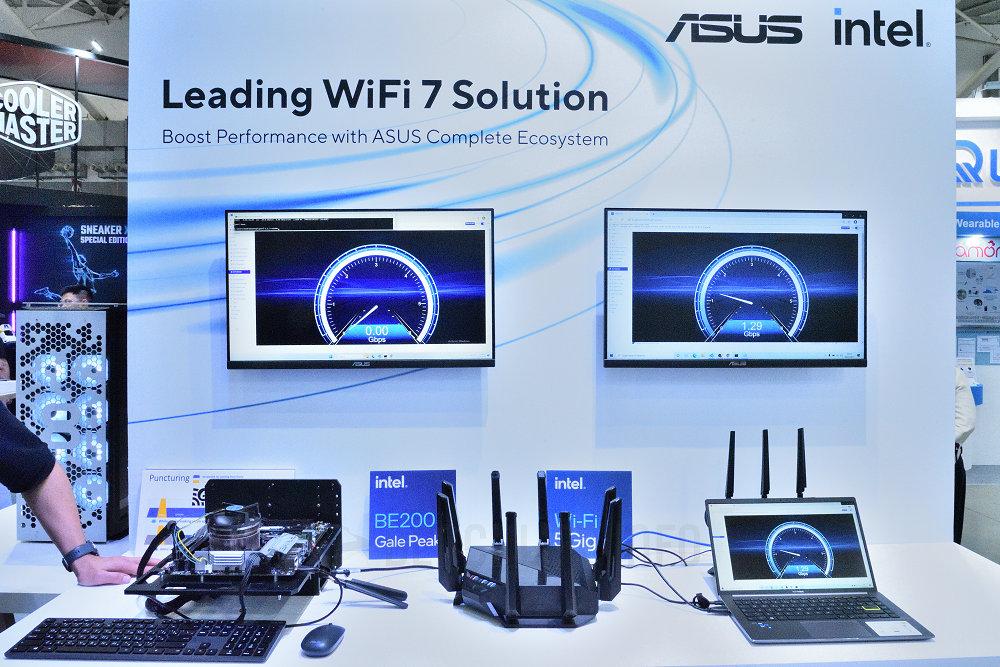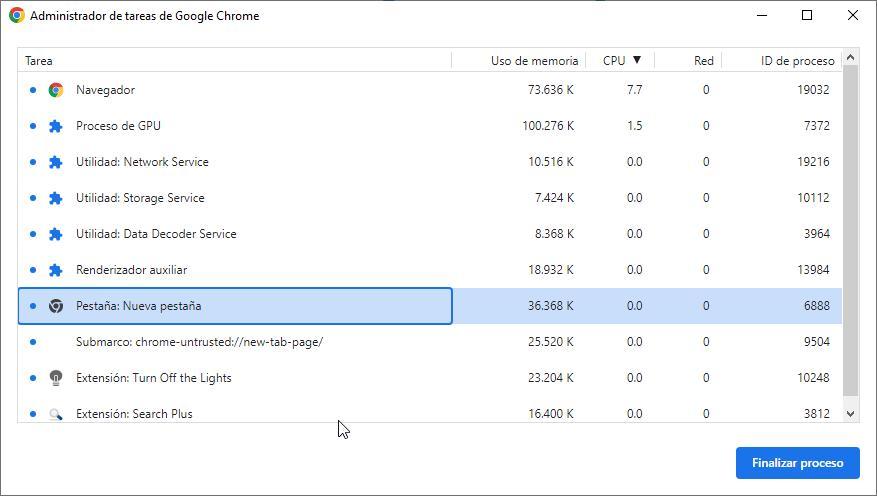
Most of today’s technologies are standardized so that all manufacturers use the same specifications and features. It happens both with ports, such as USB, with connectors such as PCIe and also with communications such as WiFi. Well then, Intel just announced Cards of red based on Wi-Fi 7despite the fact that this standard is not yet approved.
During CES 2023, held at the beginning of the year in Las Vegas, routers with support for WiFi 7 were already seen, as well as network cards. The curious thing is that this standard has not yet been validated by the Institute of Electrical and Electronics Engineers (IEEE).
You have to know that the IEEE is responsible for regulating and harmonizing many standards. Once they have a final version, the norm is released as a standard. WiFi 7 is based on the IEEE 802.11be standard which has not yet been officially approved.
Intel already has its own WiFi 7 cards
Although the rule is not yet final (although the existing draft would be very similar to the final standard) there are many products for WiFi 7. Among them, Intel you would already have your WiFi 7 network cards that would be launched on the market this year.
Specifically, Intel offers the BE200 and BE202 cards that allow you to add to any motherboard with M.2 socket support for WiFi 7. These cards will arrive in M.2 2230 and M.2 1215 format. They will be compatible with the frequencies of 2.4 GHz, 5 GHz, 6 GHz and 2×2 TX/RX.
Although not all features have been revealed, the BE200 card could offer 5 Gbit/s. Furthermore, both can be used through PCIe and USB interface. This means that they could be adapted as a WiFi pendrive by manufacturers.

Another important feature of WiFi 7 is that it allows speeds of up to 40 Gbit/s. This new capacity comes to comply with the video streaming in 4K and 8K resolutions with high bit rate. It is also designed for virtual and augmented reality applications, teleworking, video conferencing, cloud computing and high concentration spaces, such as shopping centers or public spaces.
Intel could also add support for WiFi 7 in its next chipsets. So the 14th Generation of Core processors could already support this new technology without official certification. We should, in the coming days, know more about it.
Could we have problems for buying something WiFi 7?
The developing IEEE standard should be largely complete. What’s more, this standard should have been available for a year or so. The reason why the standard is not yet available in its final phase is unknown.
It should be noted that the fundamental aspects are fixed and will not vary. It is possible that some feature more focused on security in public spaces or optimizations for this point will be introduced. But the standard, for general use and domestic, will not have variations.
Perhaps the IEEE should explain why the standard is not yet final. Manufacturers also explain the reasons why they launch products under an unofficial and definitive standard.




